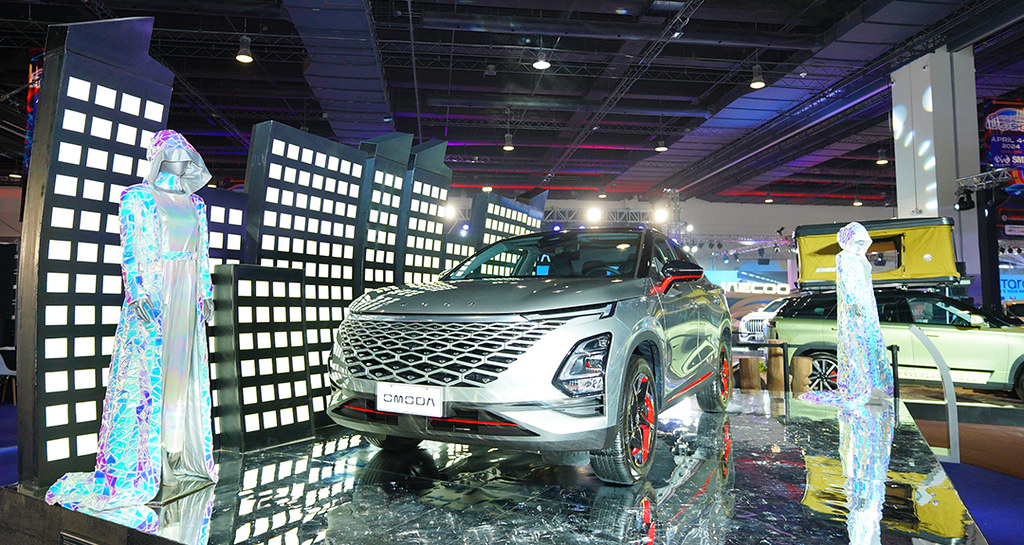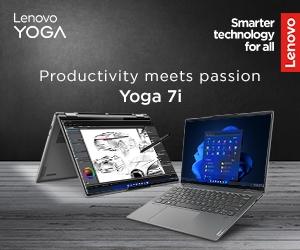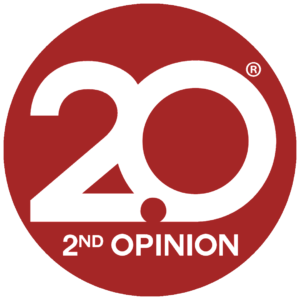Not all heroes wear capes. But they all wear masks—facemasks, that is. And in this pandemic age, heroes also wear scrubs, personal protective equipment (PPEs), or face shields.
But these real-life modern-day heroes can’t run faster than a speeding bullet. They can’t leap tall buildings in a single bound. They do need to move from one place to the other to do their noble deeds. And for that they need efficient and reliable transportation.
This is a job for…
This is a job for an industry leader that has, for over 30 years, empowered the people with dependable mobility.
Providing mobility for all is a job that Toyota Motor Philippines (TMP) is focusing its resources and capabilities on, as it continues to deliver vehicles and services to provide convenience and safety to the public—and particularly to the frontliners—as the country embarks on the challenging task of recovery in this pandemic.
One example of a modern day hero is Dr. Bien Manlutac, who specializes in Internal Medicine and Adult Nephrology and who holds clinics at St. Luke’s Medical Center Q.C., National Kidney and Transplant Institute, and De Los Santos Medical Center. We ask him to share some of his Covid-19 experiences:
1. How has Covid-19 transformed your work?
I usually see my patients in scrub suits, regular shirts or polo plus jeans and a long hospital gown with regular handwashing, and have been doing so for the past 23 years. I never thought I’d have to wear complete PPEs with goggles and face mask plus handwashing and use of alcohol every time I touch any surface or thing when I see patients.
2. What was your scariest Covid-19 related experience?
I saw an asymptomatic patient, even held her hand, for about 30 minutes at the ER to convince her to start on urgent dialysis to save her life. My gut feel was to consider her as potentially COVID-19 positive even though her symptoms were due to kidney failure and low blood sugar so I wore full PPEs. She turned out positive in a few days. I could have contracted the virus if I did not protect myself and considered her a low-risk patient. I was so elated to learn later on I tested negative.
3. What is the hardest part of your job now?
There is so much uncertainty and despair in these trying times, the biggest concern now is just living on a day to day basis and not knowing if I will get and survive the virus. The glimmer of hope is that I get to help save lives and help strengthen society in my own little way. Being able to have a trusty mode of transportation to do my work is really a big help, not just physically and literally, but also mentally and psychologically. Having one less thing to worry about is already a huge boost.
4. How do you practice safety protocols?
I exercise extreme precautions, social distancing and personal hygiene, wherever I go. And I make sure my family and medical staff all do the same.
5. What is the most positive lesson that you have learned from the pandemic?
In these unprecedented and uncertain times, each day I wake up not coughing or febrile is another blessing. This pandemic made me realize the most important things in life and they are not professional success, riches, prestige or anything else but family and friends.
6. What role has your Toyota played in your mobility needs?
I conduct my personal and professional life only in a Toyota, nothing else–even before the pandemic. My current Toyotas now are a 2017 Camry and a 2018 Altis. It’s crucial to have a durable and dependable car, especially in times of crisis. It’s been a struggle for frontliners to get to work with the limited public transportation and the mandatory physical distancing inside public transport, so it’s truly a blessing to have a reliable car. I get to accomplish more and do more as the versatility of my Toyotas help me keep up with the challenging times.













